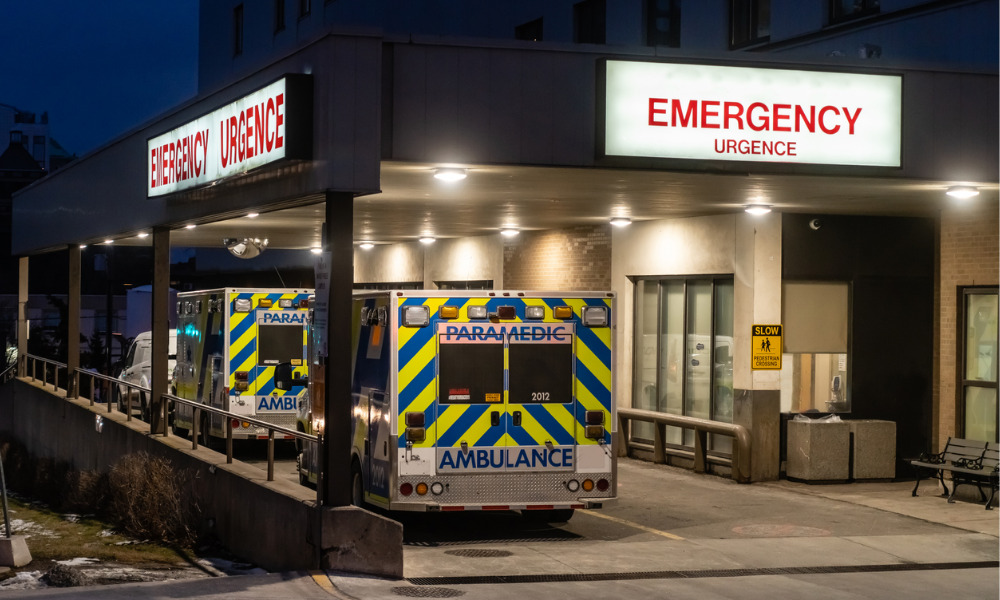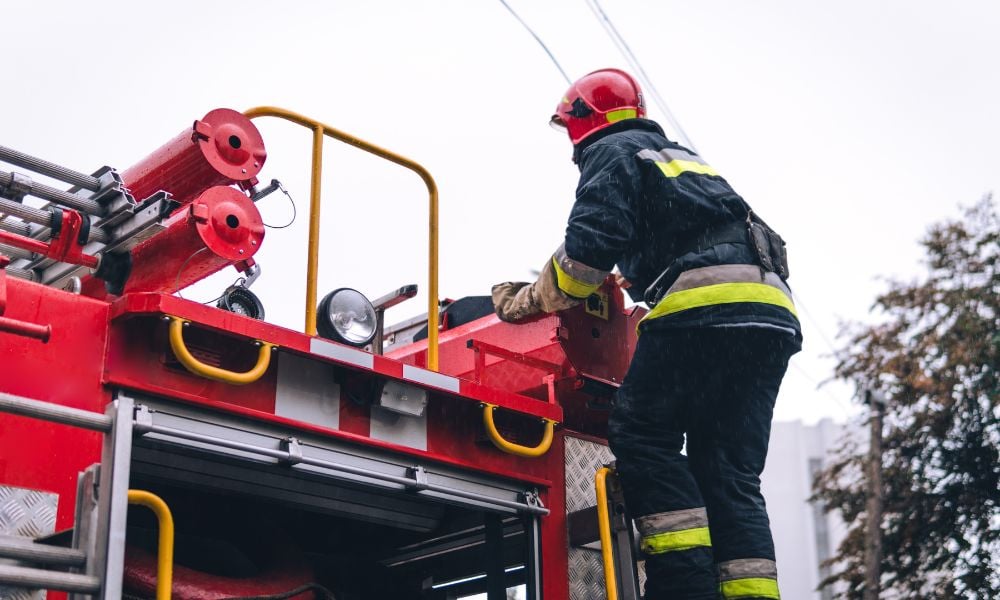‘The more we can reduce infection among paramedics, the better the emergency response of our healthcare system will be’

The federal government is investing $2 million through its COVID-19 Immunity Task Force (CITF) to fund a new study that will look at risk factors associated with coronavirus transmissions among paramedics.
“We actually know very little about the risks of contracting COVID-19 associated with the different tasks paramedics must perform in the course of their duties,” said Catherine Hankins, CITF co-chair. “Paramedics treat people who potentially have SARS-CoV-2 infection, providing care in close proximity and transporting patients in confined spaces. They routinely provide emergency medical treatments which may put them at higher risk of exposure and infection, such as cardiopulmonary resuscitation (CPR) for cardiac arrest.”
The study will also examine infection rates and immunity measures, including paramedics who have already been vaccinated. Antibodies are part of the body’s method of fighting infection and provide a level of immunity to reinfection. However, for COVID-19, it is unknown how long antibodies to the virus remain in the blood. By measuring antibodies over time, this study will help provide information on how long they may contribute to a person’s immune response.
“In order to assess risk factors and investigate immunity, we will measure antibodies in blood samples to determine how many paramedics have been infected with SARS-CoV-2 already, including those who were asymptomatic,” says Dr. Grunau. “For those who test positive, we will study how long their antibodies last over the course of the year.”
The study is actively recruiting 5,000 paramedics in British Columbia (BC) and Ontario, which are home to 52 per cent of Canada’s paramedics. Participants will be asked to complete surveys and give blood samples three times over a one-year time period.
Paramedics in the two provinces wanting to learn more information or participate in the study are invited to go to omc.ohri.ca/CORSIP/.
As part of its Fall Preparedness Plan, Ontario recently hired over 700 contact tracers and case managers to work in the COVID-19 frontlines. This adds to the 600 Statistics Canada employees that are assisting with contact follow-up.
The study is supported by several different organizations in both provinces, including BC Children’s Hospital, the Centre for Health Evaluation and Outcome Sciences, BC Emergency Health Services, Paramedic Association of Canada, Ambulance Paramedics of BC, Public Service Health and Safety Association, and unions representing Ontario paramedics.
“This group of essential workers is instrumental to getting Canadians through this pandemic,” said Dr. Theresa Tam, Canada’s chief public health officer. “The more we can reduce infection among paramedics, the better the emergency response of our healthcare system will be. In addition, this study will give us valuable information about the duration of immunity.”
Canadian provincial governments are not spending enough to support essential workers amid the COVID-19 pandemic, according to the Canadian Centre for Policy Alternatives (CCPA).





